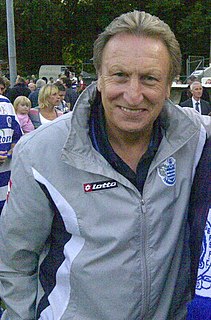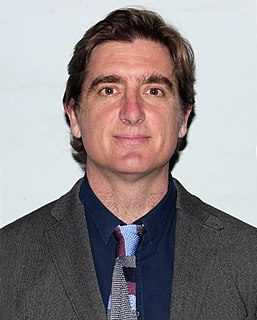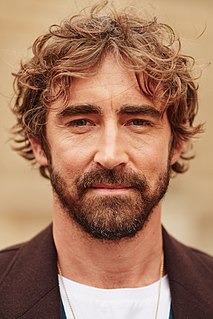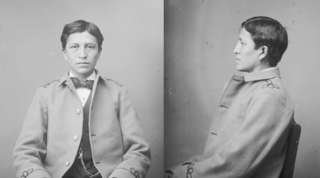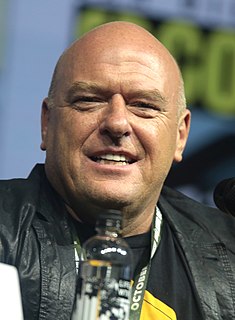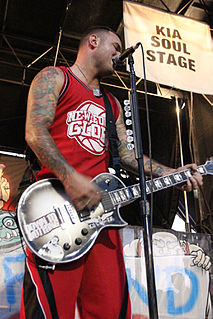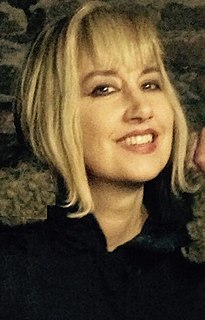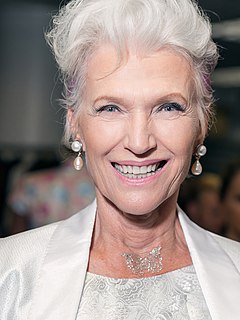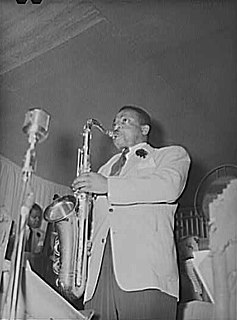A Quote by Neil Warnock
I used to think you needed a passport to go south of Watford. But when I came to London the people were fantastic, so good, right down to earth, my kind of people.
Related Quotes
I loved my father, but I was not like him. I never needed to believe the best of people. I took them as they were: two-faced, desperate, kind - perhaps all at once. But to Pa, they were all children of god, poor troubled sheep, who only needed love and an even break. He needed the world to back up what his religion told him about people. And when it came down to a choice between reason and faith, he let go of reason.
I think people are really picky about English accents. When a Brit comes over here and kind of does an OK American accent, everyone's like, 'You were great! Fantastic!' But in England, even if you were doing a pretty good accent, they're like, 'But where are you from?' 'London.' 'What part of London?' Accents are really precious over there.
I've traveled everywhere, and it's been amazing. I used to think taking a flight was kind of a big deal, you know? I'm from the valleys of South Wales and when my family used to go on holiday, it was a big thing. Packing the bags, checking in, not losing your passport, going through customs, the X-ray machine, all that stuff used to be quite an intense thing. Now it's like catching a bus, I don't even think about it.
The old people came literally to love the soil and they sat or reclined on the ground with a feeling of being close to a mothering power. It was good for the skin to touch the earth and the old people liked to remove their moccasins and walk with bare feet on the sacred earth. Their tipis were built upon the earth and their altars were made of earth. The birds that flew into the air came to rest upon the earth and it was the final abiding place of all things that lived and grew. The soil was soothing, strengthening, cleansing and healing.
I used to be the kind of person who needed to have a lot of people around. That's where I found my serenity. I needed to have everyone around so I could have my hands and my mind in different places because that's what would calm me down. But now, I just want to be by myself. It's a good but scary place to be.
I talked to people that I'd done theater with, older actors and stuff. There's a lot of people who go into the business, and they must think they're good, or they wouldn't be in it. Why do you think that you're good enough to go into the business and make money at it? So I really wanted to ask myself that question a lot. Because it was an important kind of thing that I was going to do. I really wanted to do it, I loved it, and I thought that I was good enough that I could make money at it. And that's really what it came down to.
[Doctor Strange] is difficult, he's arrogant, but he's kind of brilliant and charming and you'd think, "Yeah, I'd want him on my head if I needed brain surgery." He's good enough to warrant his arrogance and he respects other people but not when he thinks he's right and he'll just do what he deems needs to be done when he knows or feels that he's right and the problem from humility's point of view is that he is right, he's really really good at his job.
I had received Christ as my savior when I was a child, but I didn't know anything. I didn't have any knowledge. I didn't go to church. And I had a lot of problems, and I needed somebody to kind of help me along. And I think sometimes even people who want to serve God, if they have got so many problems that they don't think right and they don't act right and they don't behave right, they almost need somebody to take them by the hand and help lead them through the early years. And that's really what discipleship is. It's helping people.
I used to live at the Cecil Hotel, which was next door to Minton's [Playhouse]. We used to jam just about every night when we were off. Lester [Young], Don Byas and myself - we would meet there all the time and like, exchange ideas. It wasn't a battle, or anything. We were all friends. Most of the guys around then knew where I lived. If someone came in Minton's and started to play - well, they'd give me a ring, or come up and call me down. Either I'd take my horn down, or I'd go down and listen. Those were good days. Had a lot of fun then.
